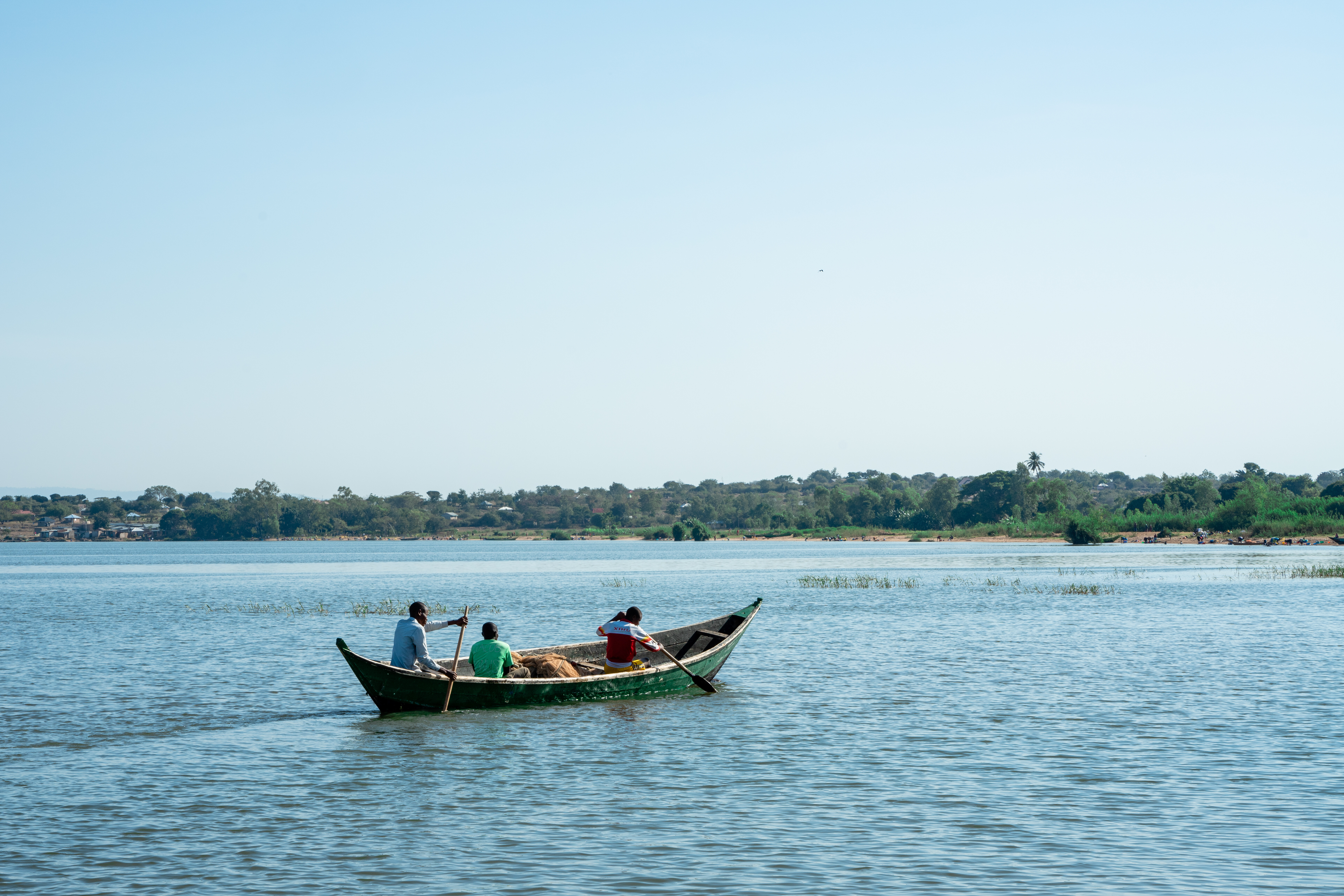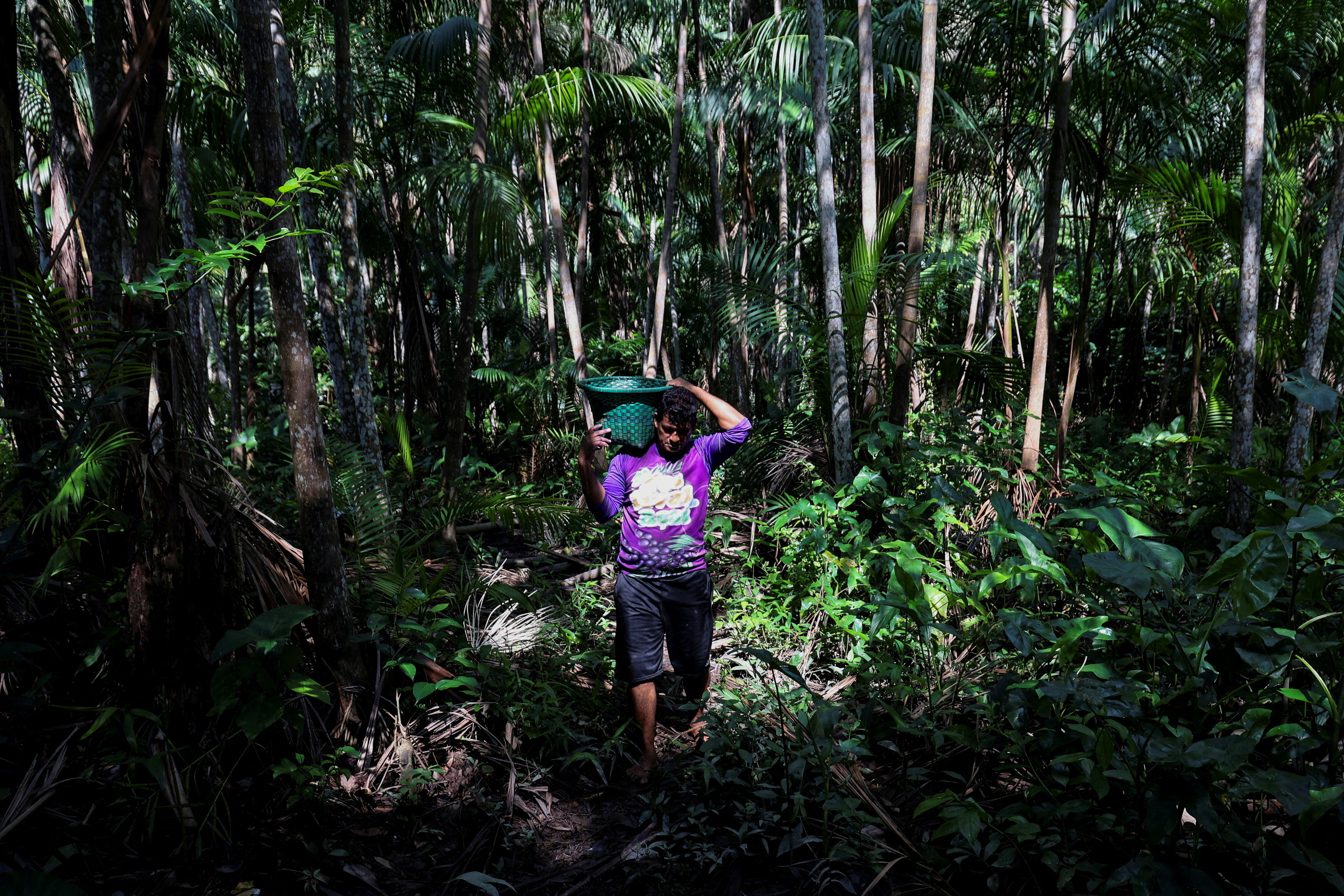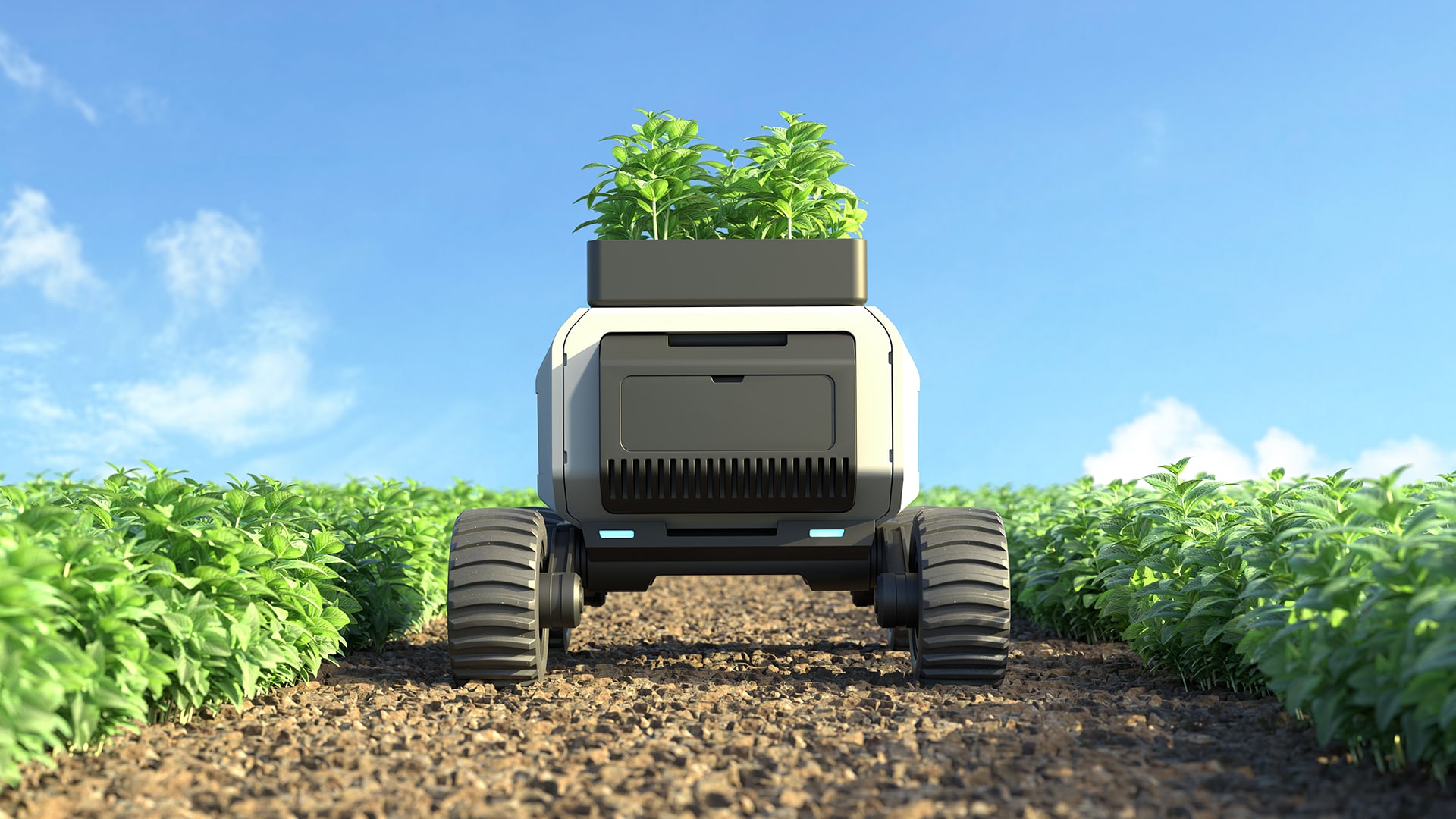Fairness should be at the heart of the agricultural goods trade

Partnerships can make a huge difference to smallholders' communities and environments.
It is a paradox that the world’s biggest agricultural commodities companies rely on some of the sector’s smallest farmers, growing everything from cotton to coffee. Smallholders are at the heart of our food system, producing 70% of global food, yet they face almost overwhelming challenges.
In sub-Saharan Africa, South-East Asia and Latin America, many cotton or coffee farmers barely eke out an existence, although their products are enjoyed by consumers worldwide. In too many cases, much of their product never reaches the market because of post-harvest loss, with stocks ravaged by easily controllable pests or perishing through lack of adequate storage or transportation.
I would like to challenge and correct the popular myth that large agricultural commodities companies, like ours, build their business on taking advantage of this apparent asymmetry and exploit weak, vulnerable farmers. The cliche may be entrenched, but it is not based on fact. The real relationship relies on interdependence and, increasingly, partnership – for the benefit of all.
Coffee and cocoa are extreme examples of products that are seldom farmed on a large scale but are reliant instead on millions of smallholders. Many other agricultural commodities are the same, to differing degrees. Keeping our suppliers, and ourselves, in business, and providing quality products to consumers, requires a genuine partnership that offers farmers stability and security by being part of a global chain of fair and sustainable value creation.
Global enterprises have resources, expertise, technology and ideas that can help protect smallholders from poverty and allow them to survive and flourish in a sustainable way. Partnerships connect farmers to global markets and new technology, assisting them through tougher years, when weather and price shifts put family livelihoods at risk. And such partnerships bolster the infrastructure that can boost farm incomes and bring essential processing functions closer to production.

At a global level, partnerships recognize that world food security is only possible through the concerted efforts and collective expertise of myriad actors, aligning their long-term interests. Partnership, rather than conflict or antagonism, is what gets NGOs and even whole industries thinking and behaving differently. But in addition to intent, only by acting at scale can we drive the changes essential to ensure the stability of smallholders. The large and the local go hand in hand. On the business side of the equation, we can and must put this paradox to work.
Practically all agri-commodities companies face significant obstacles. We do not, for example, always buy directly from farmers, and therefore sometimes have limited influence. And while certification is commendable, it creates additional costs, whose burden often falls on farmers themselves.
But working together has already helped to resolve problems. For some products, certification has established transparent and traceable supply chains. Efforts to expand these are progressing, though much more is required.
Great strides have also been made at country level. Ten years ago, Uzbekistan’s cotton growers faced western boycotts because of child labour. By last November, the International Labour Organization judged reforms, brought about largely through collaboration between European cotton trading companies, the ILO and the Uzbek government, meant child labour “was no longer a major concern”.
In Brazil, leading commodities companies in the World Business Council for Sustainable Development are combating deforestation and the conversion of native vegetation in the environmentally sensitive Cerrado region, bordering Amazonia. Here, we have partnered with industry, government and NGOs to commit to rehabilitating former pastureland and avoiding deforestation. And in Zambia, by acting collectively, cotton farmers attracted our company to invest in ginning mills, with a German foundation providing training and funding, adding greater value to their crop.
Of course, these are only small steps on a long path. With the Earth’s population rising, action is essential to ensure there will even be enough farmers in the next generation to feed 8.6 billion people in 2030 and a projected 9.8 billion in 2050. We can’t take this for granted. Agriculture, especially for smallholders, must offer a livelihood that attracts workers by choice, not through inescapable poverty or the simple necessity of survival.
I have seen the difference partnerships make to smallholders’ communities and environments. Our company trains thousands of farmers each year, helping them improve farming techniques, harness technology that anticipates weather conditions and make better decisions on when to sow or market their products. We also encourage smallholders to form co-operatives to improve leverage and buying power.
But no one organization can reach all farmers – which collectively we must. Partnership and co-operation are, for me, the way to secure the future for our industry and for the global food supply. Governments, civil society and farmers themselves must also do their bit. Our partnerships should improve transparency and bolster the reputation of our sector, which has often been attacked unfairly – but more importantly, it must achieve fair and sustainable value creation across the food production chain.
Margarita Louis-Dreyfus is Chairperson and majority owner of Louis Dreyfus Company. The Louis Dreyfus Foundation she created in 2013 strives to improve food security and livelihoods for smallholders through micro-farming and education
Don't miss any update on this topic
Create a free account and access your personalized content collection with our latest publications and analyses.
License and Republishing
World Economic Forum articles may be republished in accordance with the Creative Commons Attribution-NonCommercial-NoDerivatives 4.0 International Public License, and in accordance with our Terms of Use.
The views expressed in this article are those of the author alone and not the World Economic Forum.
Stay up to date:
Food Security
Related topics:
Forum Stories newsletter
Bringing you weekly curated insights and analysis on the global issues that matter.







